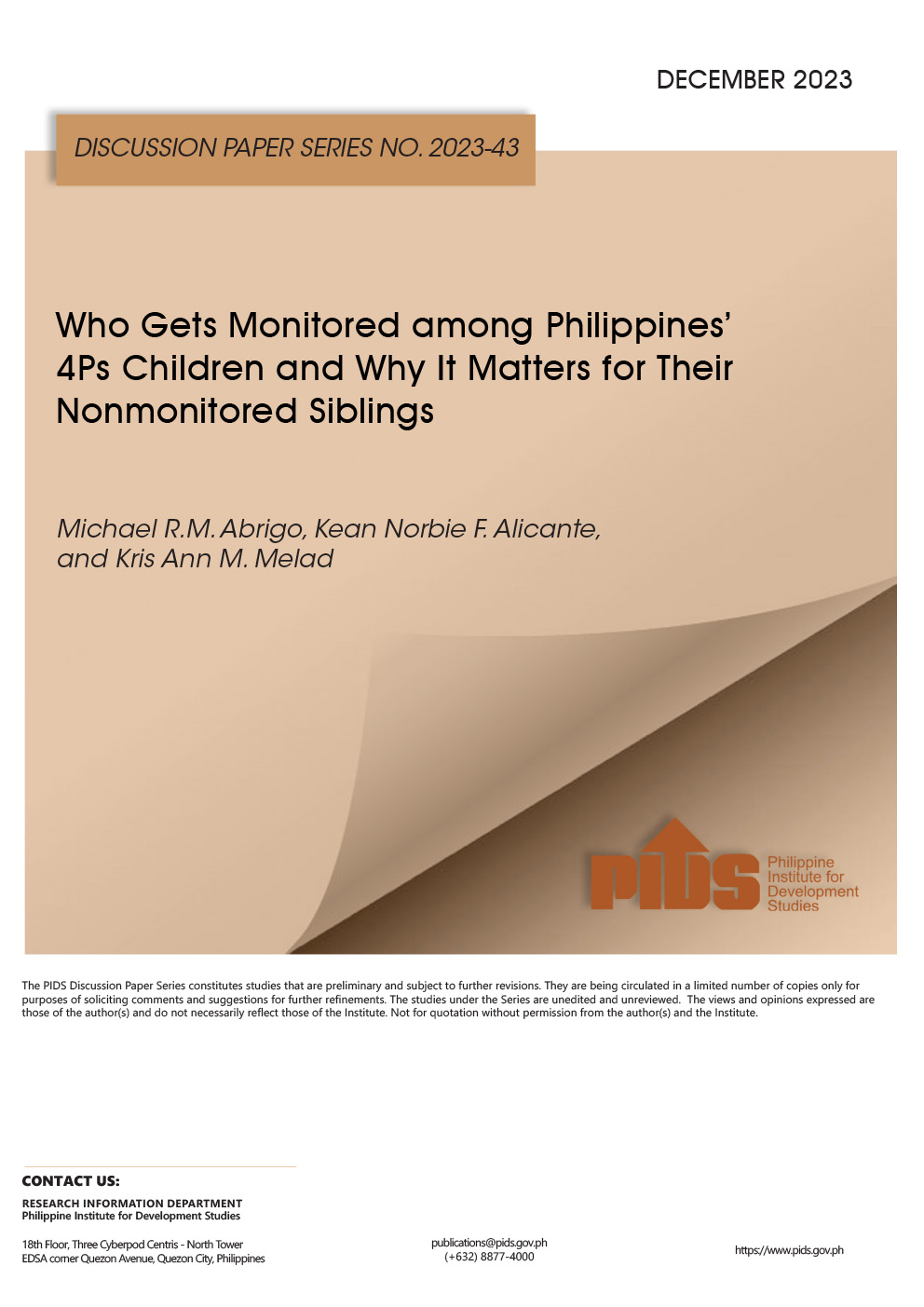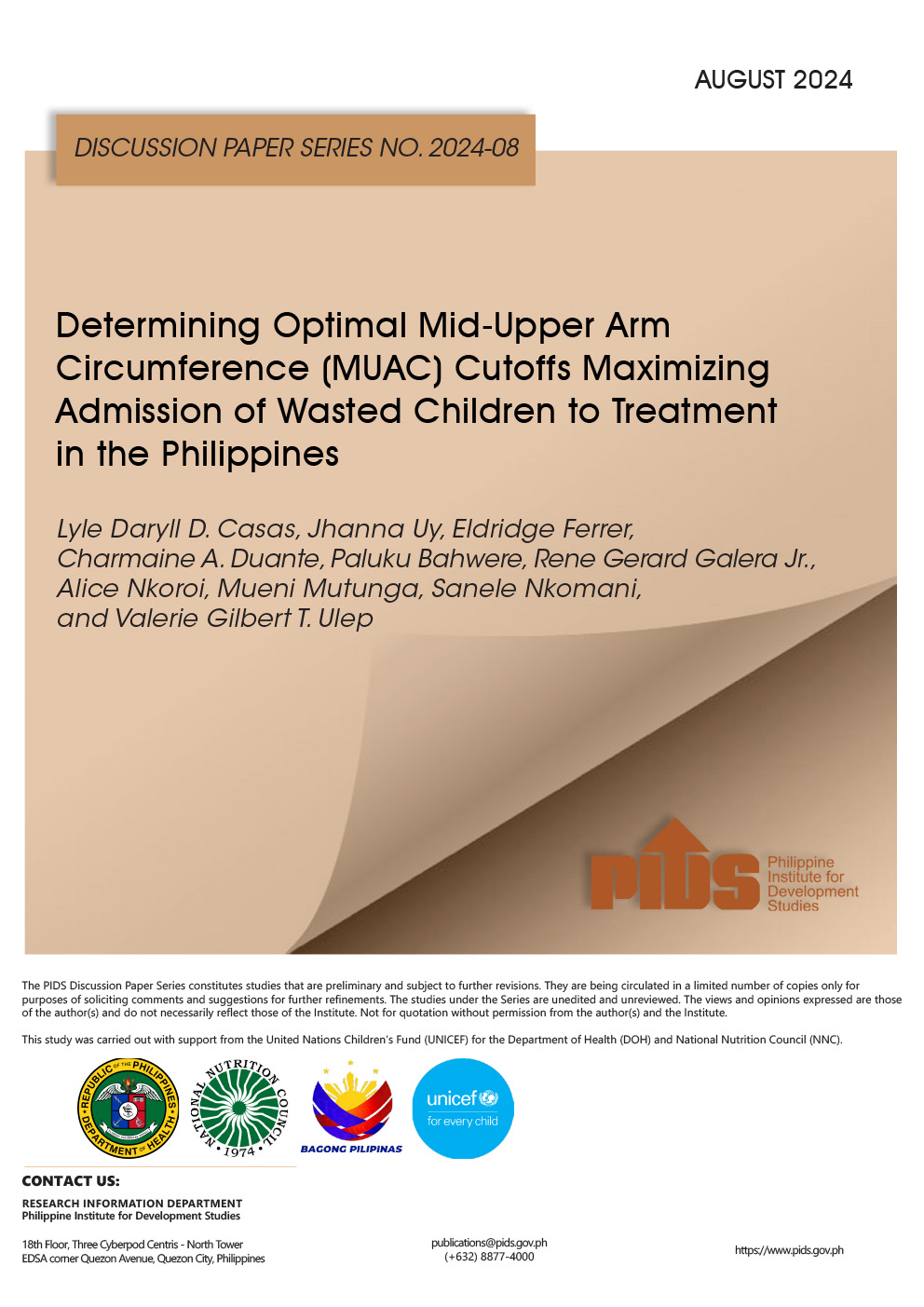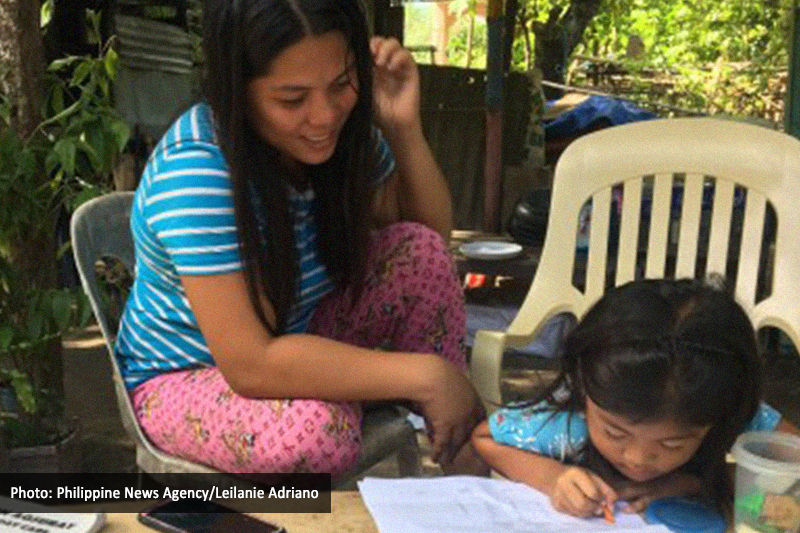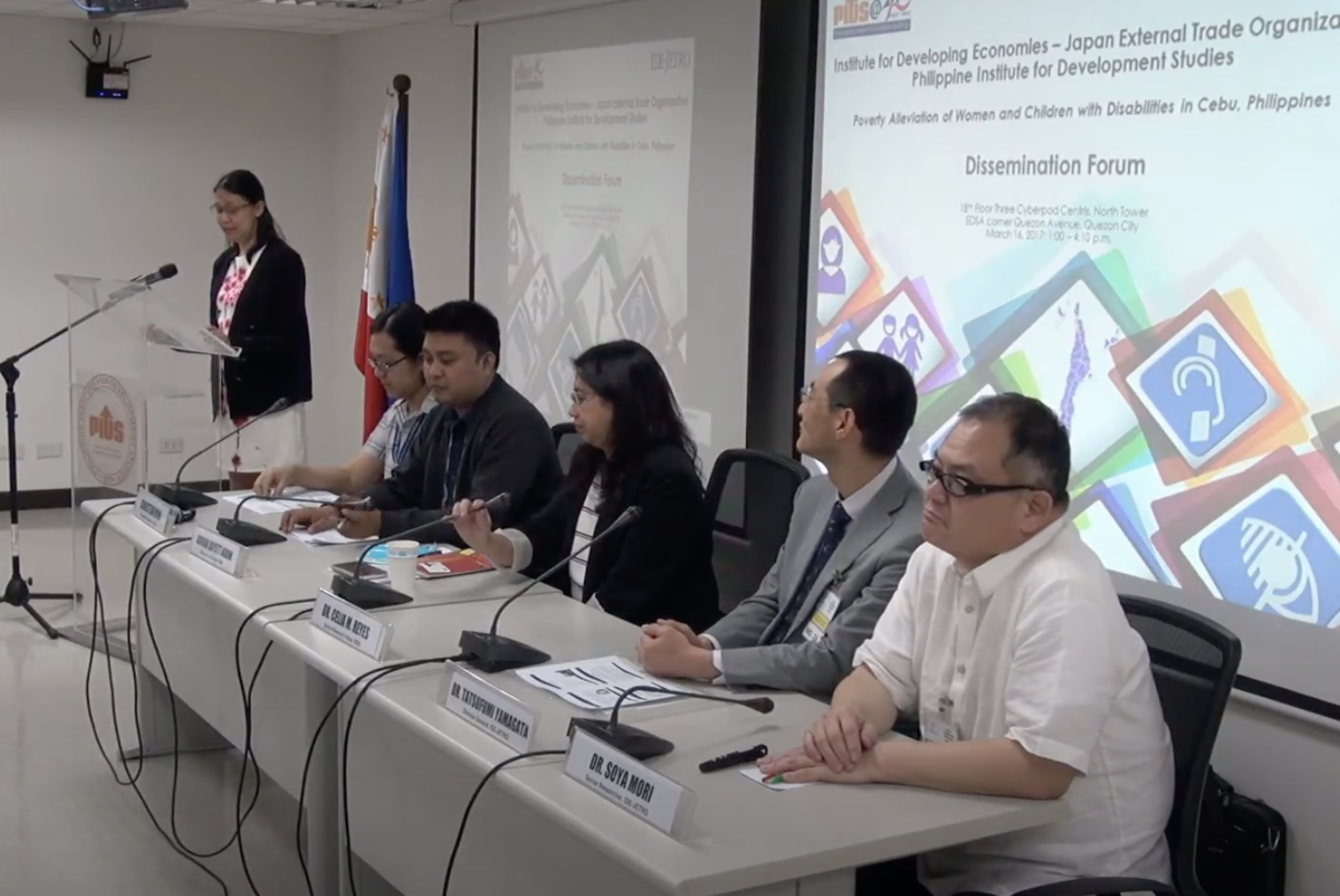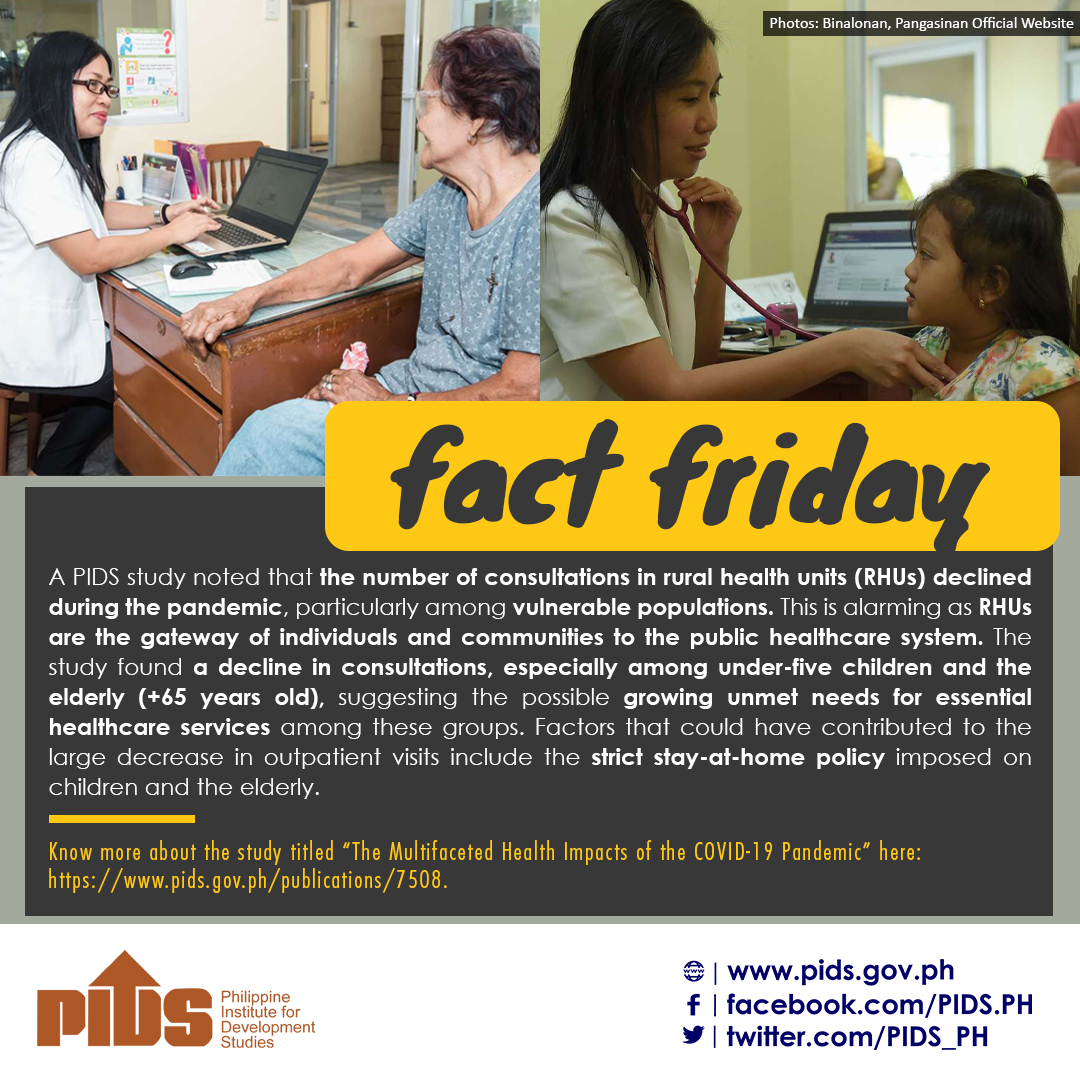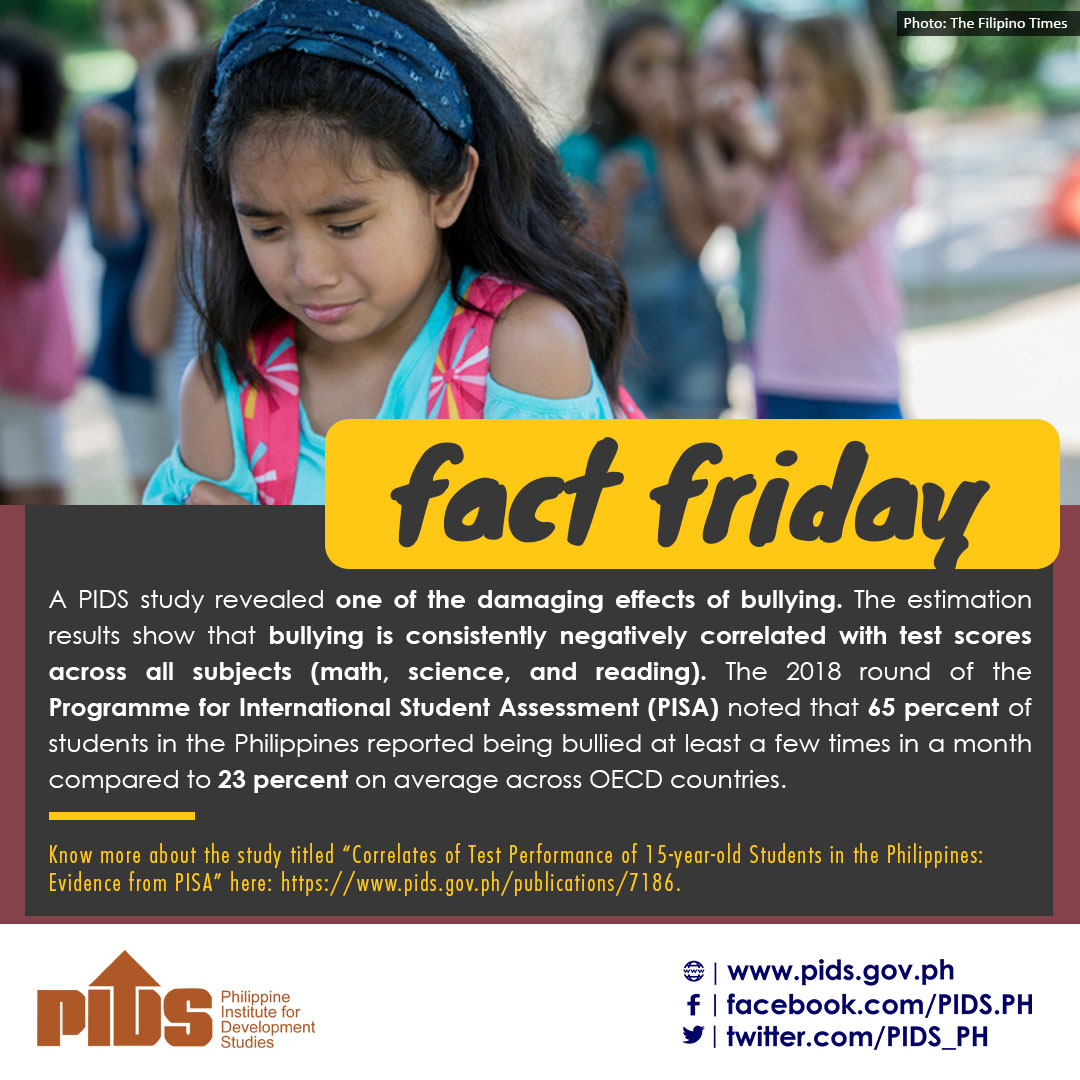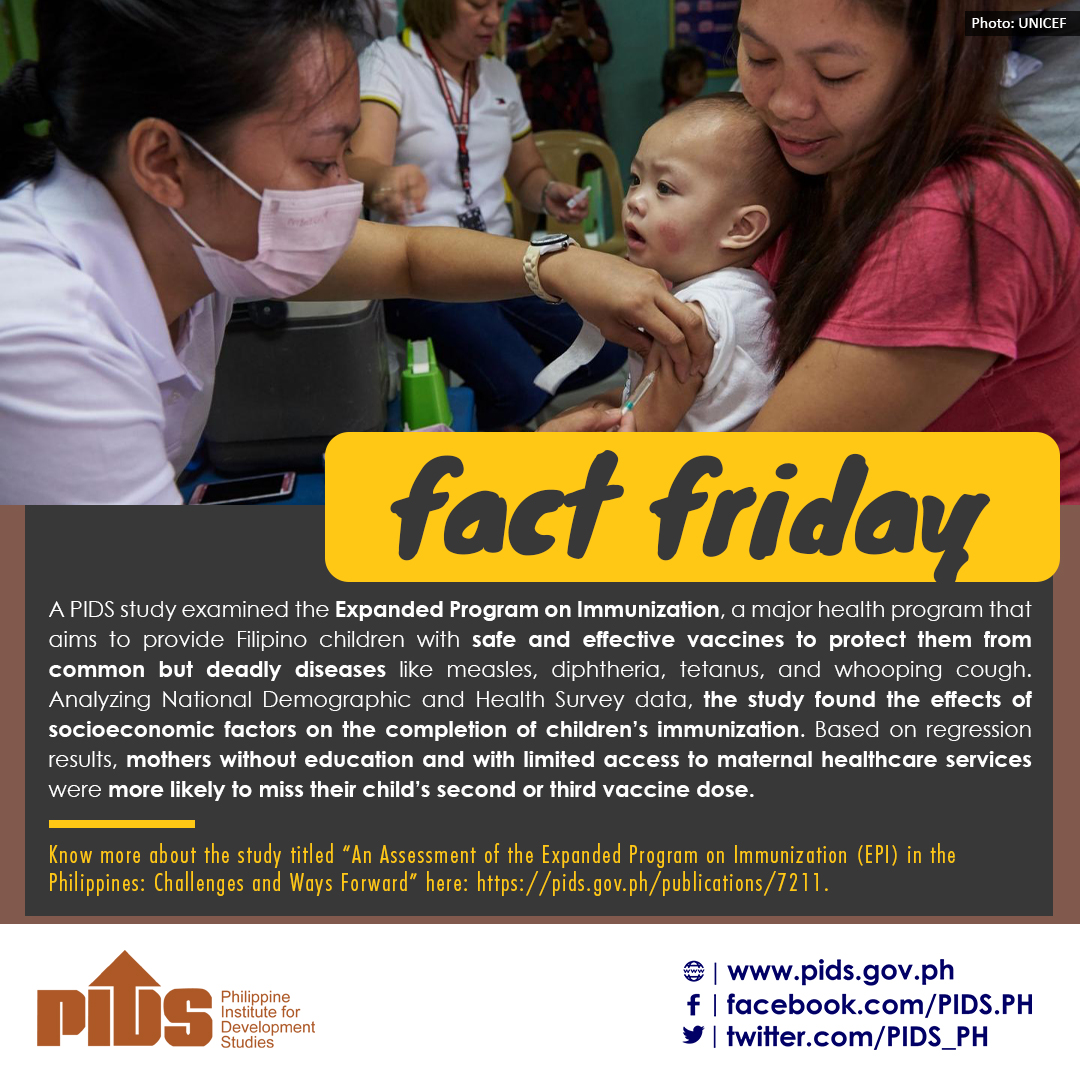MALACANANG welcomed Monday a report on the dramatic decline in the number of out-of-school children in the country from 11.7 percent in 2008 to 5.2 percent in 2012.
Presidential spokesperson Edwin Lacierda, quoting the report, said that this downward trend will likely continue, as a result of various government initiatives.
"We are glad that attention is being given to this encouraging report, as it highlights the dividends of the government’s investment in the Filipino people,” he said in a press briefing.
The report, based on research conducted by the Philippine Institute for Development Studies (PIDS) and the United Nations Children’s Fund (UNICEF), showed that the rate of out-of-school children to the total number of children between the ages of 5 and 15, was reduced to 5.2 percent in 2012 from 11.7 percent in 2008.
The report attributed the significant decrease in the number of out-of-school children to the passage and implementation of mandatory kindergarten and the K to12 Law; the increasing budget the Department of Education has obtained from the national government; and the expansion of the government’s conditional cash transfer (CCT) program, the Pantawid Pamilyang Pilipino Program, which requires families to send their children to school.
According to the report, national funding commitments to education have increased by more than 15 percent annually since 2010.
"As a share of the national budget, education expenditures grew from 12 percent in 2009 to 14 percent in 2015, in view of the expanding Philippine economy,” it said.
It stated that the government’s decision to increase the Department of Education’s budget, coupled with the investments in the CCT, is "clearly paying off with growing evidence of considerably improved participation of children in primary education.”
The report stated that these human resource investments should continue, so that "no one, whether poor or non-poor, male or female, is left behind in education attainments as the country pursues a path of growth, prosperity, and development.”
The results of the research were reported in the Global Initiative on Out-of-School Children Philippine Country Study published by the UNICEF, and presented by the PIDS and the UNICEF in a recent seminar.//

